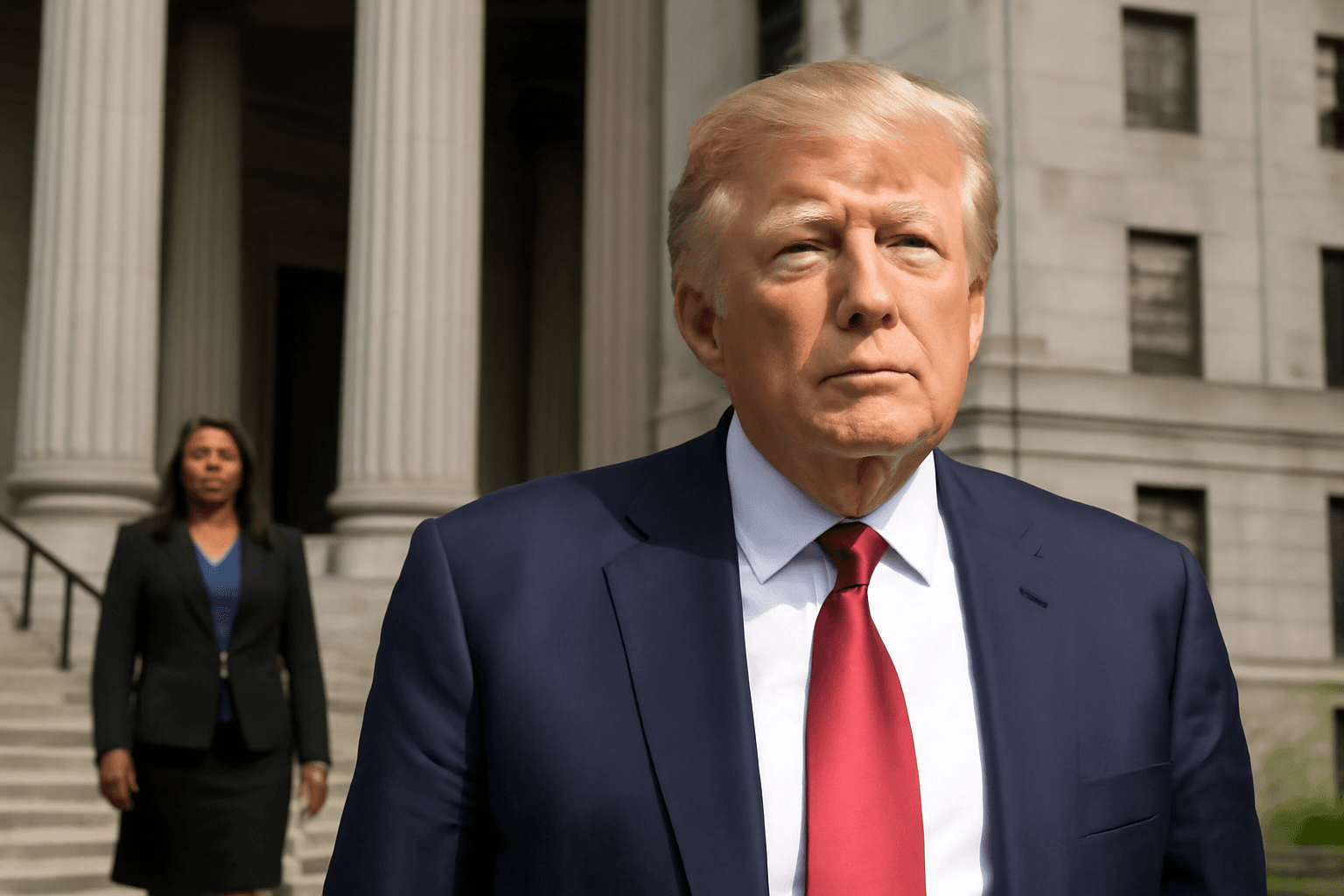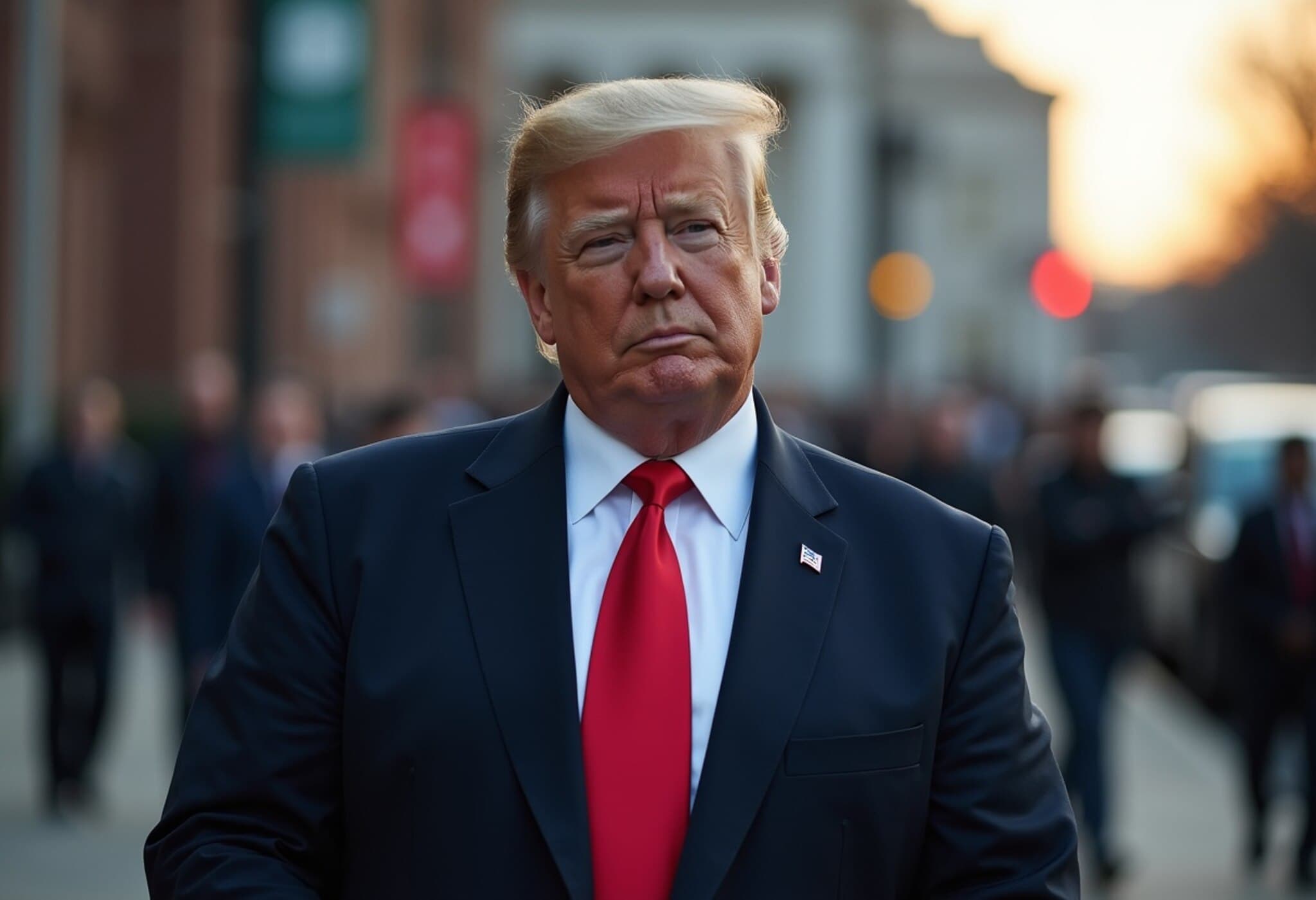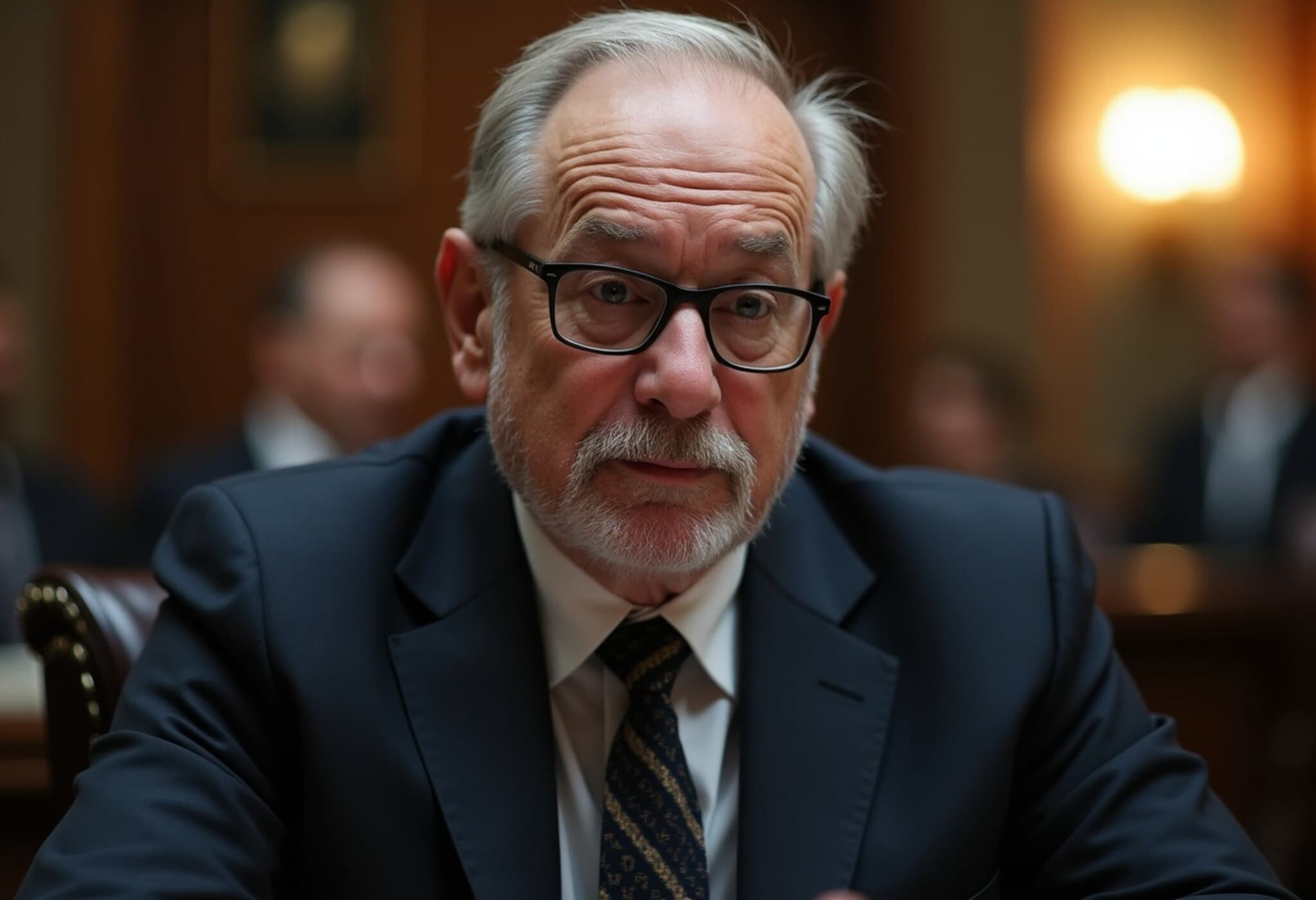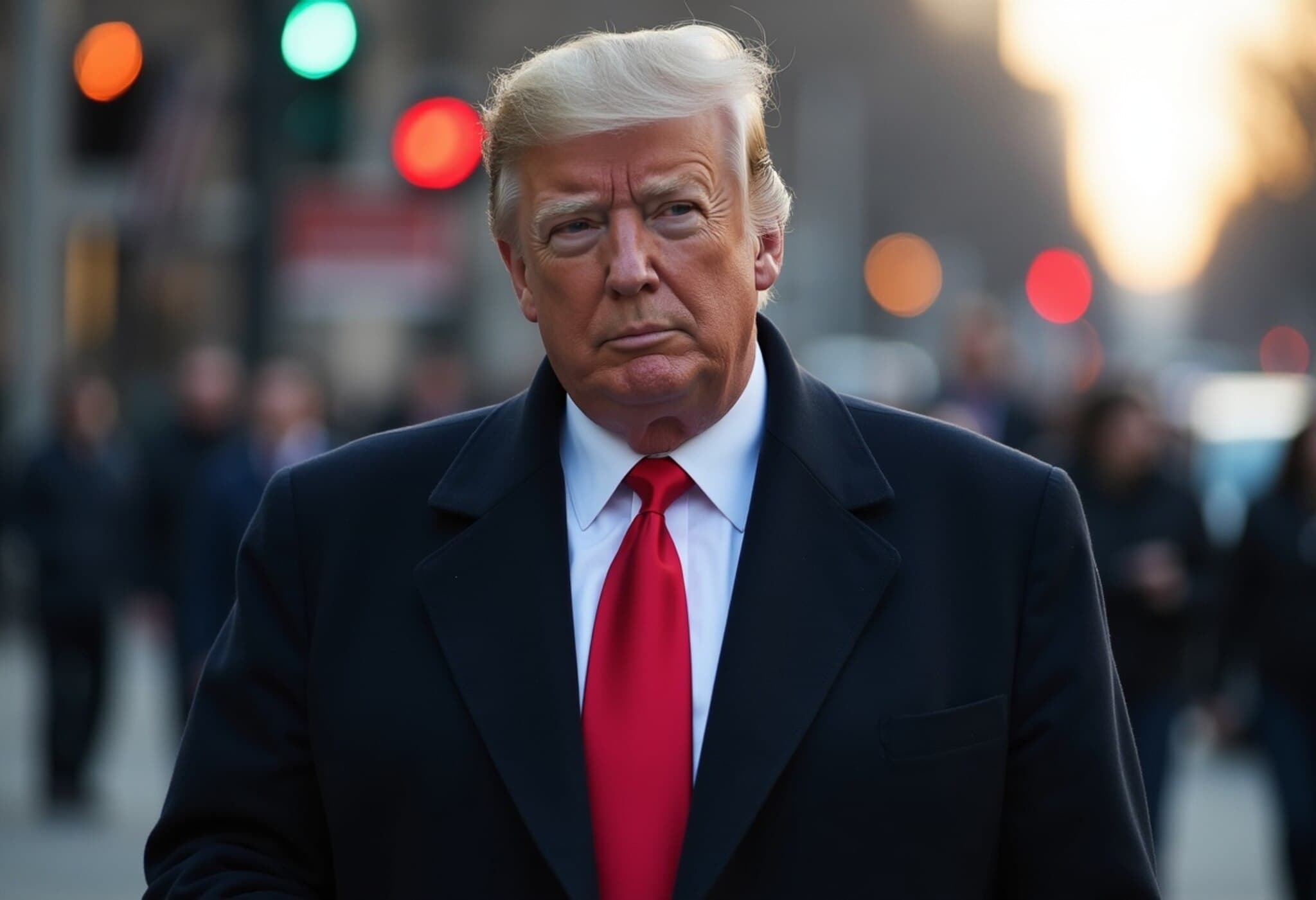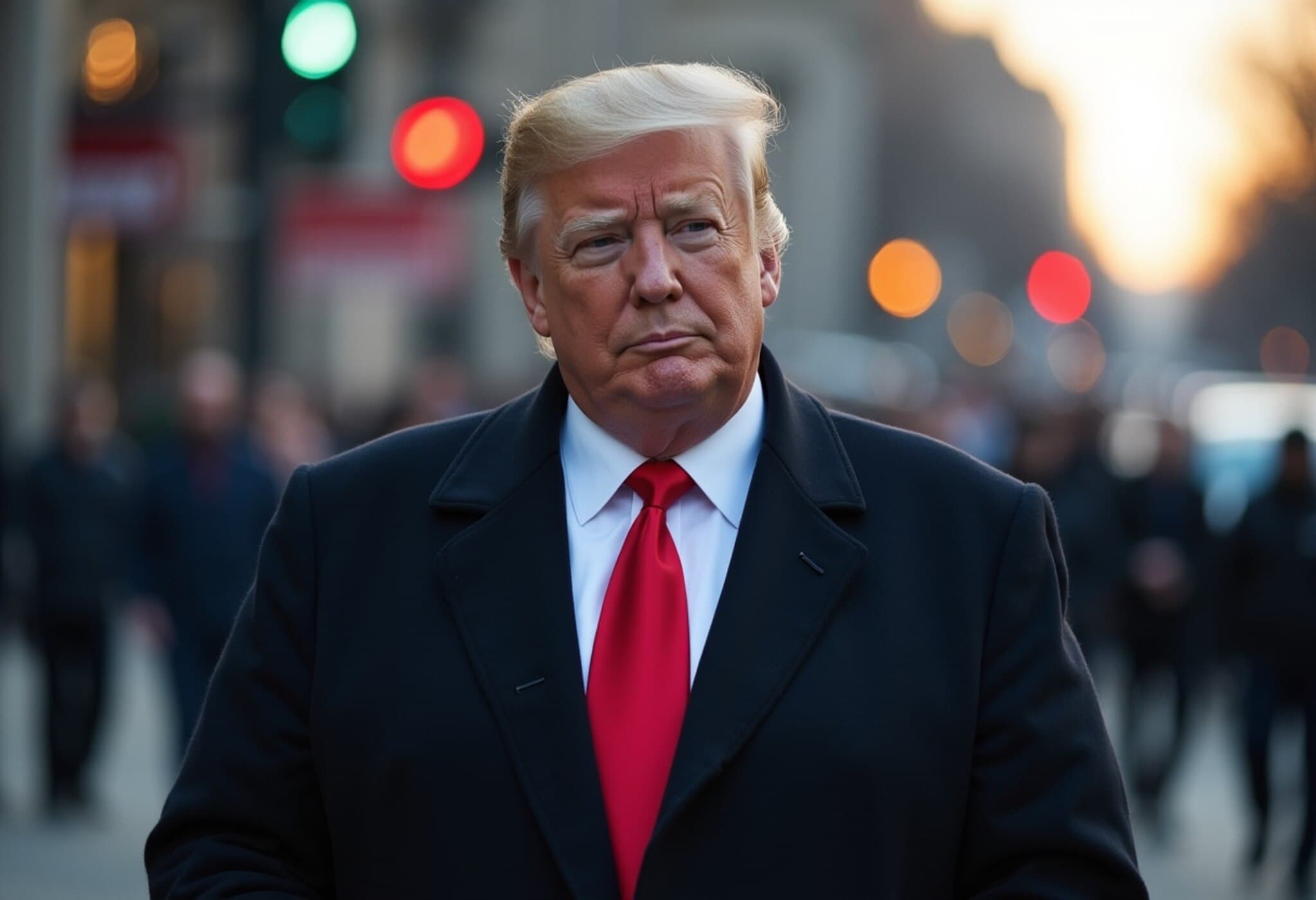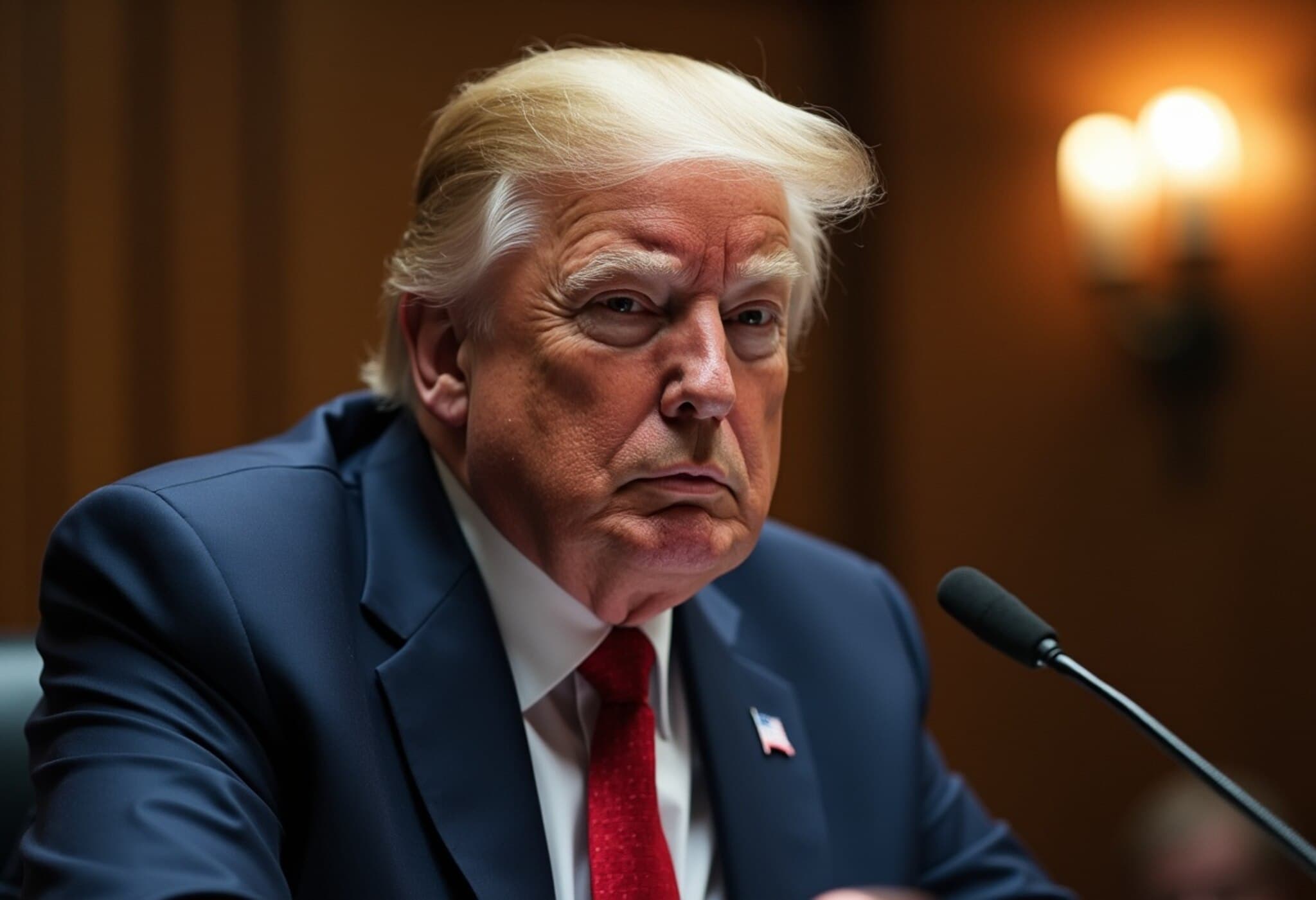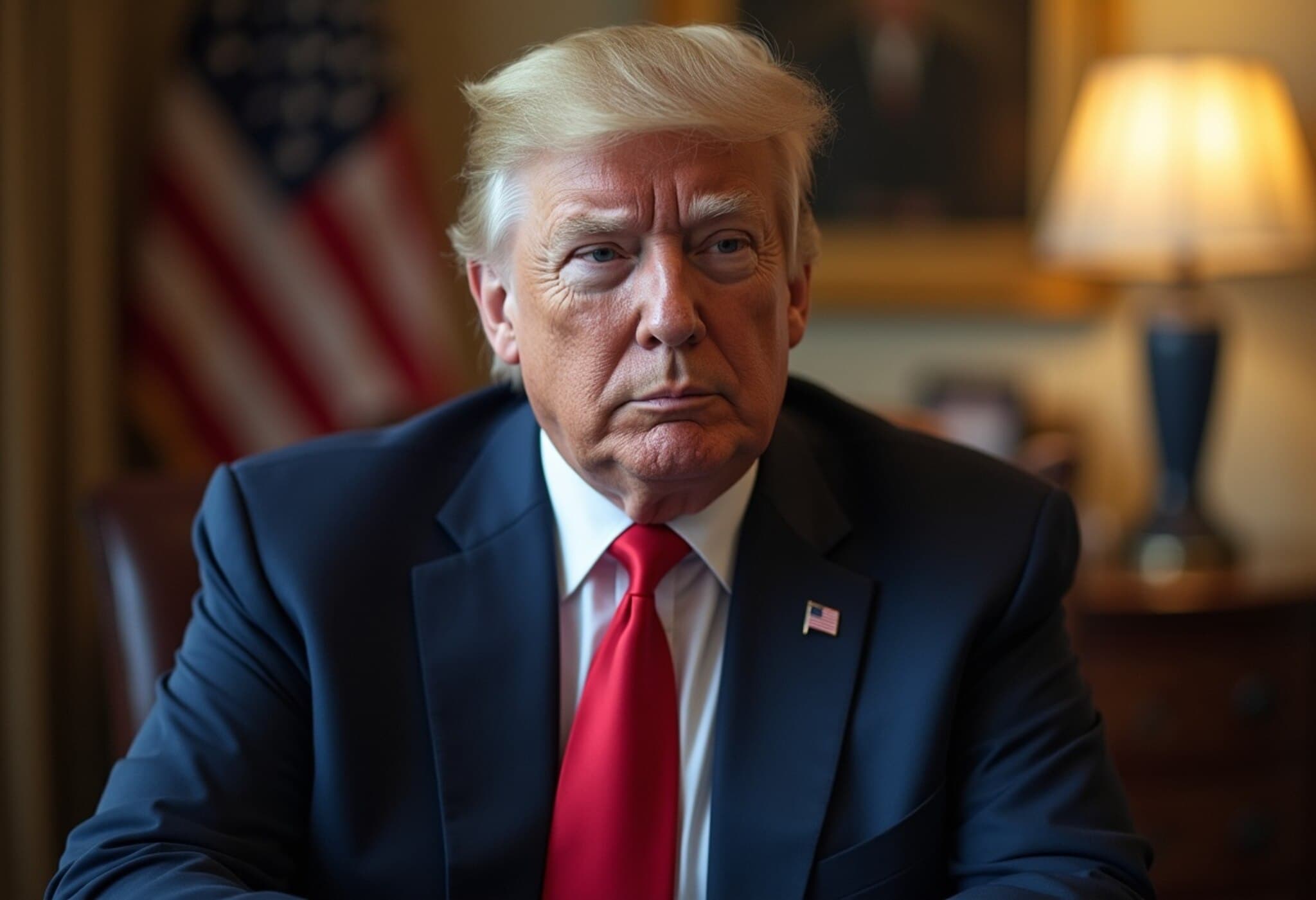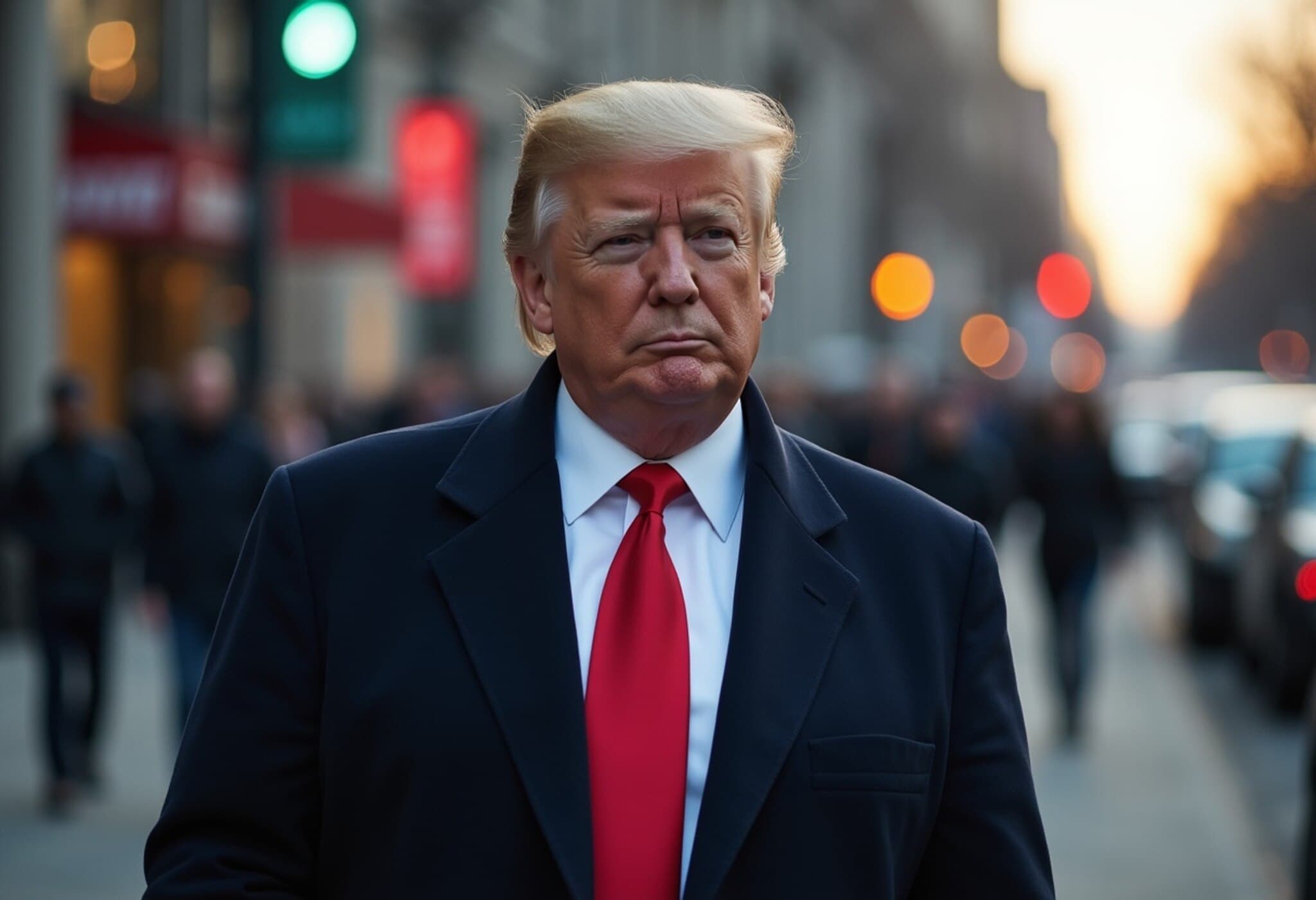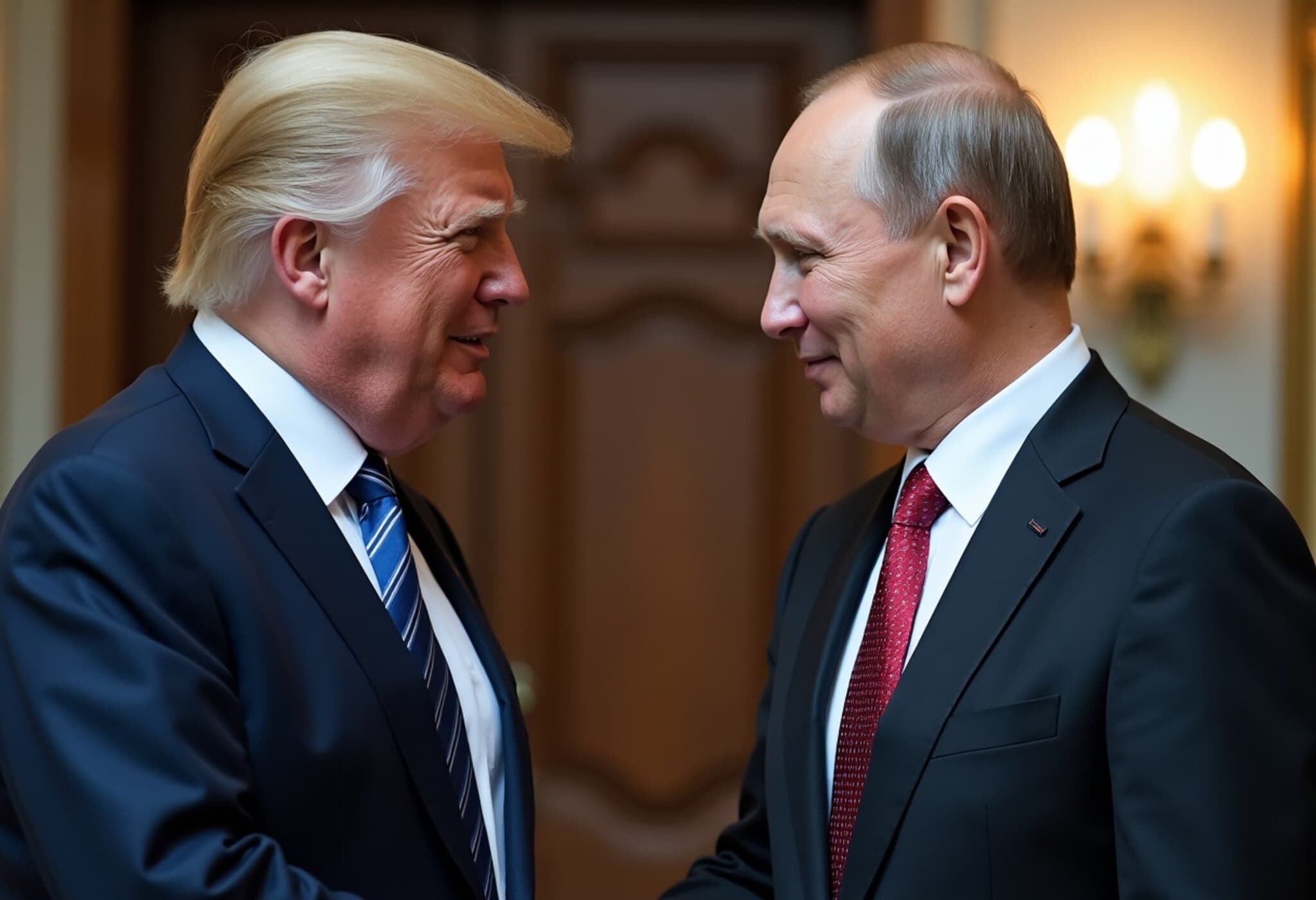US Appeals Court Overturns $464 Million Civil Penalty Against Donald Trump
In a significant legal development on August 21, 2025, a New York State appellate court struck down a $464 million civil penalty previously imposed on former President Donald Trump. The substantial fine was initially levied after a judge found that Trump and his organization had fraudulently inflated his personal net worth to secure favorable loans and insurance terms. While the court upheld the fraud judgment against Trump and his company, it ruled the financial penalty "excessive" and in violation of the constitutional protection against disproportionate punishments.
Background: The Fraud Judgment and Penalty
In February 2024, during a heated presidential campaign season, Judge Arthur Engoron found that Trump had deliberately manipulated the valuation of his assets. The ruling not only imposed the multi-hundred million dollar civil penalty on Trump but also directed his sons, Eric and Donald Jr., to pay over $4 million each. Additionally, Trump was banned from managing any New York-based businesses for a period of three years—a sanction he described as a "corporate death penalty." This marked a pivotal moment amid concurrent criminal investigations and widespread scrutiny of Trump's business dealings.
Appellate Court’s Decision: Balancing Justice and Constitutional Limits
While the appeals judges affirmed the core finding of fraud, they sharply criticized the magnitude of the penalty. Citing the Eighth Amendment, which protects against excessive fines, the court declared that such a disproportionate financial sanction undermines constitutional fairness. This nuanced ruling preserves the fraud determination but curtails what the court deems an overly punitive financial retribution.
Reactions From Key Figures
- Donald Trump: Celebrated the ruling as a "total victory" on his Truth Social platform, vehemently denying wrongdoing and labeling the original case a politically motivated "witch hunt" and "lawfare."
- Donald Trump Jr.: Described the appellate court ruling as a "massive win," emphasizing claims that the litigation was election interference supported even by a court purportedly leaning left.
- New York Attorney General Letitia James: Remains undeterred, vowing to escalate the matter to the New York Court of Appeals. She called the ruling an affirmation of Trump's and his family's liability for fraud, signaling ongoing legal battles ahead.
- Trump Advisor Peter Navarro: Criticized the prosecution as an overreach by Democrats, alleging political motivations and accusing Letitia James of deserving jail, reflecting the highly partisan context enveloping the case.
Legal and Political Ramifications
This appellate decision highlights the complex interplay between law, politics, and public accountability in cases involving high-profile figures. The ruling underscores a legal principle that penalties must be proportionate and constitutional even when liability is clear. At the same time, the persistence of litigation and appeals keeps the matter alive, fueling political narratives about "lawfare" and judicial impartiality.
For the American public and investors, the case offers a reminder of the scrutiny public officials face regarding their financial dealings. It also raises critical questions about the limits of civil penalties as instruments for corporate governance and deterrence.
What’s Next?
Attorney General James’ promise to escalate the matter to New York’s highest court suggests that this dispute is far from over. The state’s top court will need to balance constitutional concerns with the public interest in deterring financial misconduct among elite business figures.
Editor’s Note
The appellate decision to slit the $464 million penalty against Donald Trump walks a delicate constitutional tightrope—affirming fraud yet condemning excessive fines probes foundational debates on justice and fairness. Beyond the headline figure, this case invites readers to consider how the law can serve accountability without becoming a weapon of political vendetta or economic strangulation. As legal challenges unfold, stakeholders nationwide should watch closely: the consequences reach far beyond one business mogul’s fortunes, reflecting on how America’s judiciary navigates power, politics, and principle.

